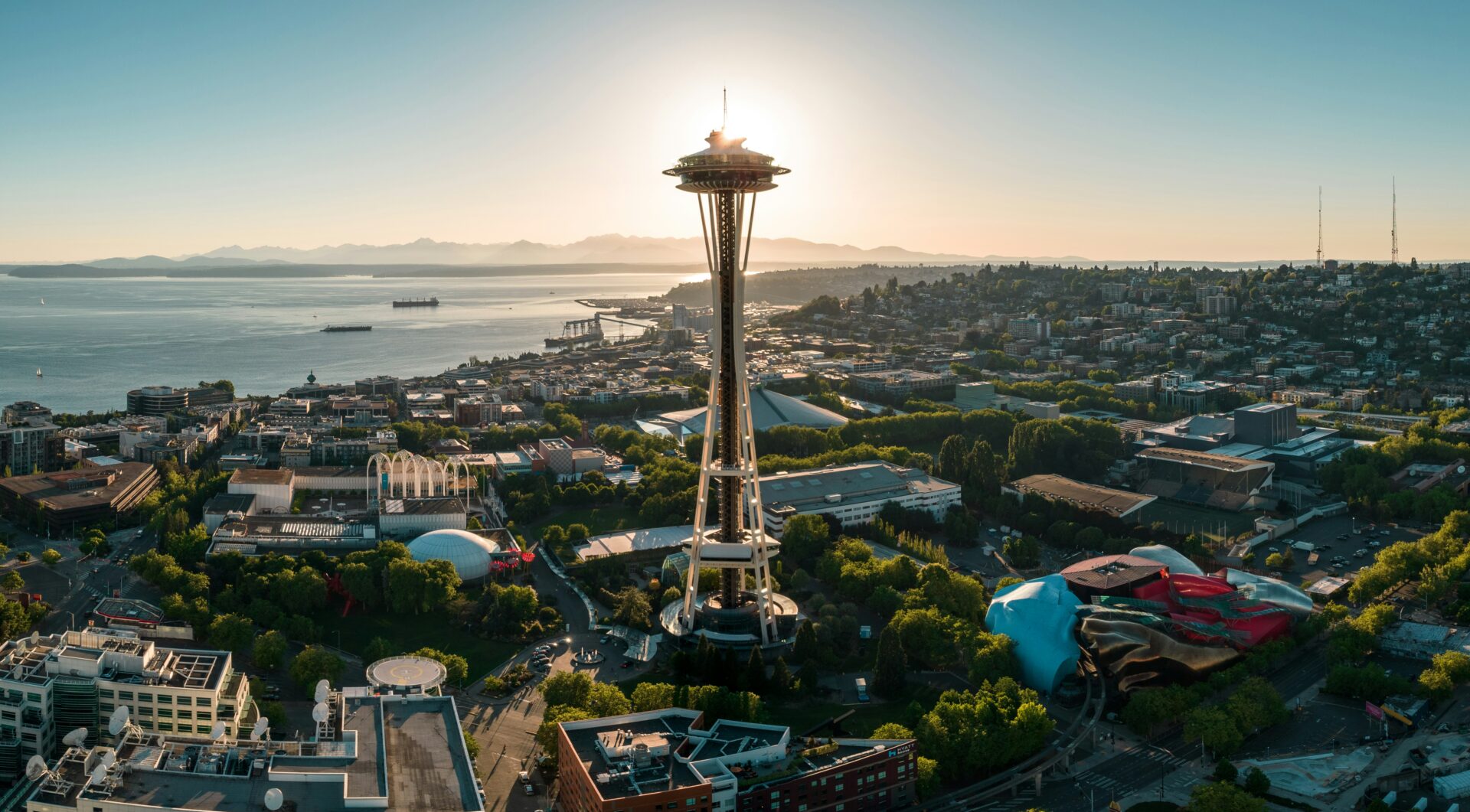The Impact of “PayUp”: Unpacking Seattle’s Damaging New Delivery Law

Seattle’s experimental new minimum pay ordinance for delivery couriers, first passed by the Seattle City Council in 2022 and implemented in January 2024, was intended to help Seattle-based couriers earn substantially more than the city’s minimum wage of $19.97. The legislation – primarily advocated for by individuals who no longer serve on the Council – raised couriers’ earnings to $26.40 an hour, guaranteed, before tips. Unfortunately, Grubhub data and news reports show the law has had swift, adverse consequences for the very people it was meant to help.
Grubhub delivery partners are now waiting over 1½ hours between orders
Seattle’s ordinance restricted marketplace platforms’ ability to run their businesses effectively. On Grubhub, this has led to far too many delivery partners being available for the number of orders available. As a result, delivery partners are now waiting an average of 102 minutes between orders, an increase of 437%.

Tips are down 26%
When delivery partners are on a delivery, they are getting paid more for the duration of that delivery – but because of Seattleites’ knowledge of delivery partners’ new extreme pay, the increased costs associated with delivering in Seattle, and changes we’ve had to make to our platform in response to the law, tips on those orders have dropped by 26%. This is despite Grubhub keeping tipping in the checkout flow (as opposed to moving it post-delivery.)
Fewer, smaller orders are being placed
PayUp has hurt merchants in Seattle, too, and is disproportionately impacting smaller mom-and-pop restaurants. We are seeing fewer orders being placed overall, and the orders that are being placed are smaller in size. This could be because diners in Seattle feel delivery is no longer an affordable option for them, and even if the law is fixed, it’s possible these customers are gone for good – hurting Seattle businesses in the long term.
It’s not too late to help delivery partners, in Seattle and across the country
While efforts are under way to fix the law, the fallout of PayUp serves as a stark warning to other jurisdictions considering similarly misguided legislation. To be clear, Grubhub supports better pay for delivery partners, but the policy must be written and implemented properly, with all stakeholders at the table.
